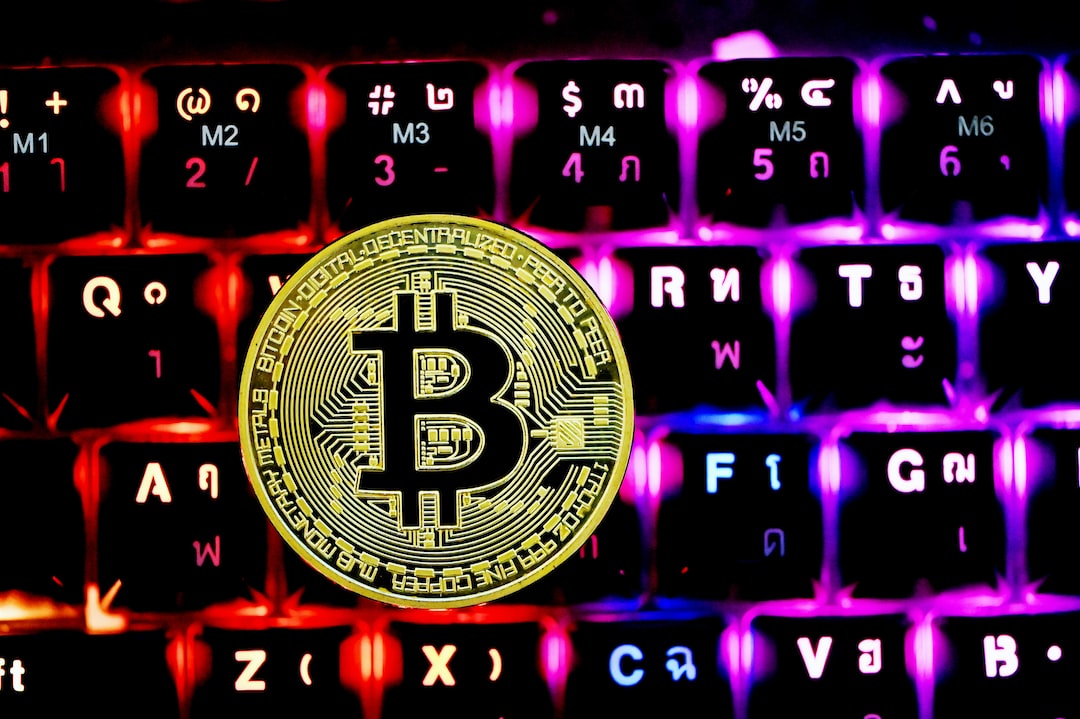SEC Social Media Account Hacked in SIM Swap Attack
The US Securities and Exchange Commission (SEC) has announced that its social media account fell victim to a “SIM swapping” attack, resulting in a false post about the approval of Bitcoin exchange-traded funds (ETFs). This incident occurred on January 9 and caused a temporary surge in Bitcoin’s price, followed by a crash after SEC Chair Gary Gensler clarified that the SEC’s account had been compromised.
SEC Reveals Security Measures Were Lacking
In a statement released this week, the SEC revealed that multi-factor authentication (MFA) had been removed from its social media account six months prior to the attack. The MFA was only reinstated after the incident. The fraudulent post was followed by a commission vote the next day, resulting in the approval of all spot Bitcoin ETF applications.
SIM Swapping: How the Attack Works
SIM swapping involves attackers gaining control of a phone number by reassigning it to a new device. Once they have control of the phone number, they can reset passwords and gain unauthorized access to accounts, as was done with the @SECGov Twitter account.
Investigation Underway by SEC and Law Enforcement Agencies
The SEC and various law enforcement agencies are investigating how the hackers convinced the SEC’s mobile carrier to facilitate the phone number switch. The agency did not disclose the carrier involved. Both lawmakers and leaders in the crypto industry are seeking explanations for the SEC’s vulnerability to such an attack, considering its strict cybersecurity requirements for publicly traded companies. Multi-factor authentication is now enabled for all SEC social media accounts that offer it.
Hot Take: Lessons Learned from SEC’s Social Media Hack
The recent SIM swap attack on the SEC’s social media account highlights the importance of strong security measures, such as multi-factor authentication. It also raises concerns about the vulnerability of regulatory bodies to cyber attacks. The incident has prompted investigations by various law enforcement agencies and calls for explanations from lawmakers and crypto industry leaders. This serves as a reminder that even organizations with stringent cybersecurity requirements can fall victim to sophisticated attacks. Moving forward, it is crucial for all entities, including regulatory bodies, to prioritize robust security practices to protect sensitive information and maintain trust in the digital landscape.





 By
By
 By
By
 By
By
 By
By
 By
By
 By
By